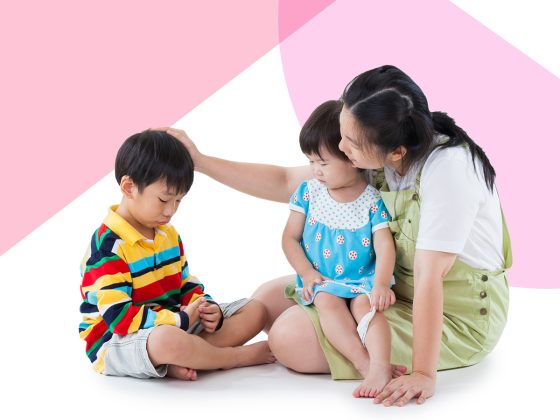
Age-by-Age Strategies
In times of stress, children of different ages will have different needs.
Children of different ages will have different needs, and a wide range of reactions is normal.
For All Children
Consider your own reactions.
Your children notice the way you handle the news and may use that to determine their own approach, so try to stay calm and rational and stress that your family is safe. Asking your child what they have heard or what they think is always a good place to start.
Ages 0–3
As much as possible, completely protect children from knowing anything at all about the incident.
Ages 4-5
Children are likely to be most concerned about your safety and being separated from you. Try not to minimize their worries, but explain all the ways that grown-ups keep them safe. If the event happened far away, you can use the distance to reassure children. If you live in an area where crime and violence is a very real threat, any news of new, unrelated violence may trigger extra fear. If that happens, share ways to stay (and feel) safe, such as being with an adult and keeping away from any police activity. Look for chances to talk as they come up naturally, being aware of what children understand (for instance, children younger than five usually do not understand that death is permanent).
Ages 6 and up
Older children are more likely to hear about the event from friends or through the media, so you will likely need to address it. Start with an open-ended question such as, “Did you hear anything about what happened in ____ today?” so you know what your child knows. If appropriate, explain what took place and ask your child if she has any questions. Let her know she can come to you any time she has questions or wants to talk. Listen carefully and let your child know that all of his feelings are normal and that grown-ups are feeling them, too.
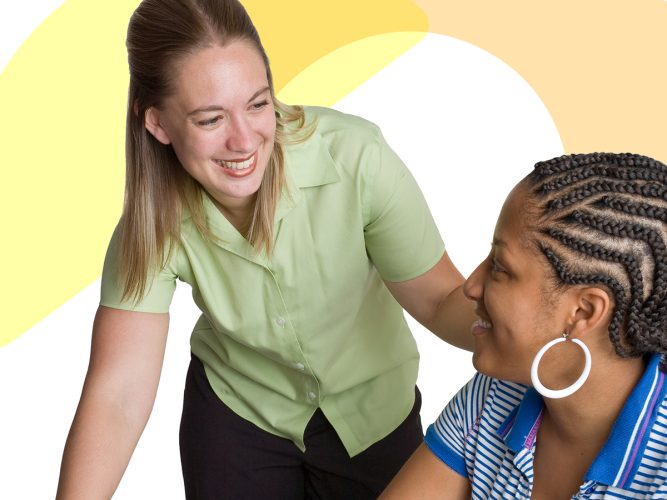
Using These Resources: Violence
Article about the Sesame Street Community & Gun Violence initiative.
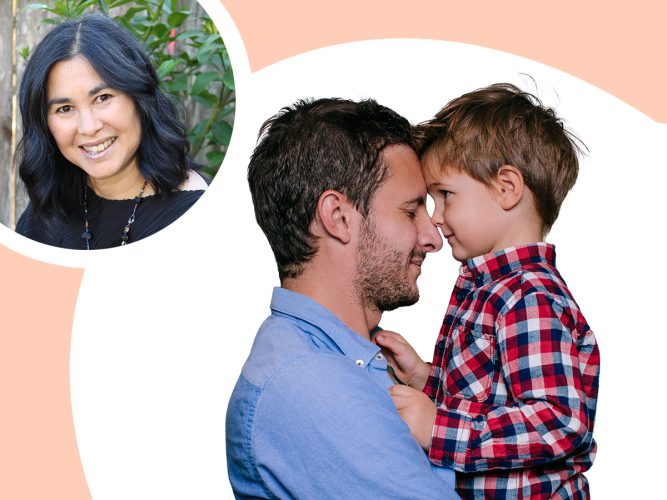
Trauma and the Body
An article on the effects of violence on children.
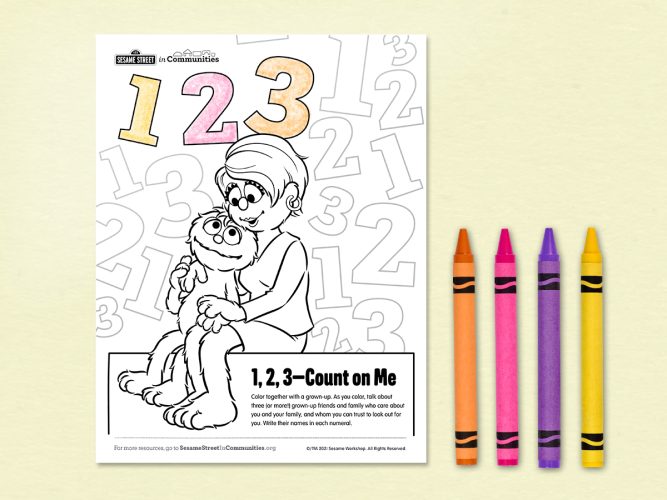
1, 2, 3, Color Me
Sitting quietly and coloring together is a stress-reliever for adults and children alike.
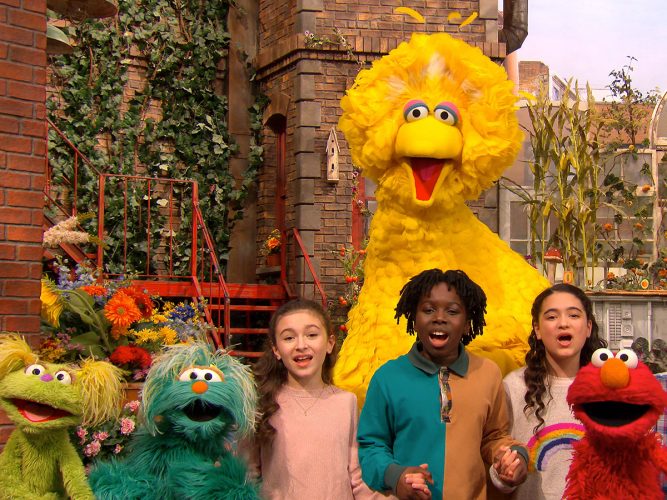
We’re Not Alone
A music video on the power of community connections.
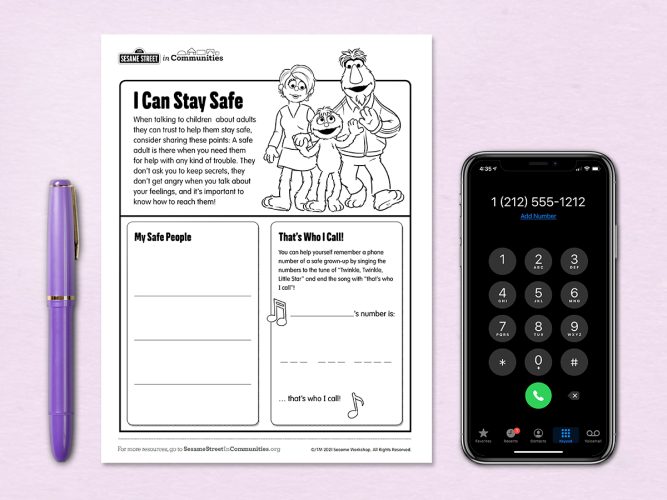
I Can Stay Safe
It’s important for children to know several people they can turn to when something goes wrong.

I Don’t Want to Live on the Moon
A song about the power of human connections.
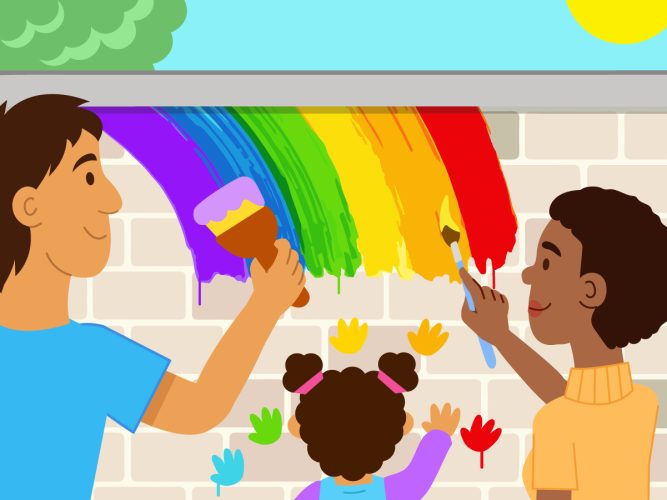
Community Conversation: Community Violence
Many communities are unfortunately impacted by community violence, but there are people and organizations striving to help. You can, too!
